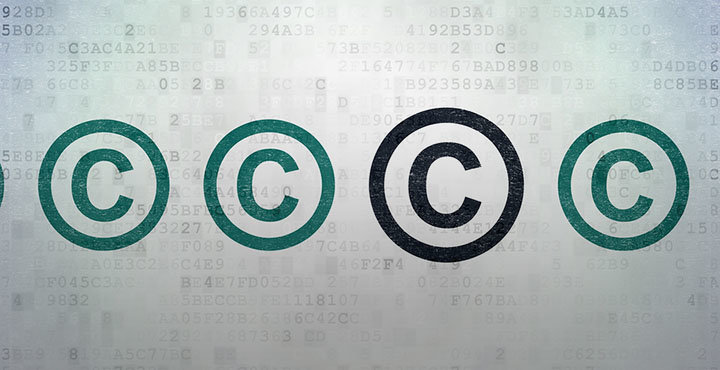Tips to help you on your way to getting published
Congratulations! You've completed the long, arduous task of writing a novel. You have an error-free book, and we've helped you put together a winning query package.
"Now what?" you ask.
It's time to send your baby out to seek its fame and fortune.
There are a few things you should know before approaching a publisher and/or agent. The guidelines below are similar for all novels, but the requirements for each agent/publisher might differ, so always check the submission guidelines. The number one complaint of editors is that writers don't read the requirements, and thus submit incomplete query packages.
Researching and choosing a publisher and/or agent
It's a good idea to research the market before you send out a query letter and package. First, let's define a few of the terms you'll come across during your research:
Simultaneous Submission
Sending the same piece of writing to more than one agent or publisher for consideration. Check the submission guidelines to ensure that the market accepts simultaneous submissions. As a courtesy, if you're submitting a query package to several houses, you should mention that in the letter.
Multiple Submission
Sending more than one submission to the same agent or publisher.
Unsolicited Material
This refers to any submission that a publisher/agent did not specifically request to see. If a publisher/agent states "no unsolicited material," check to see if he or she will accept query packages or proposals before submitting an unsolicited book.
Places to start your search
- Printed directories such as Writers' Market are excellent resources and include contact information for companies and the genres they publish. (Double-check the publisher's website; information can change!)
- Online searches: Some of these directories also offer up-to-date online versions that enable you to search their databases for publishers that match keywords.
- Think about the writers whose books most resemble yours—who published them? If a specific publishing house has been successful with a particular type of book, it might be interested in more. Take a look at your bookshelves—who published the books you love? For which authors do you have an affinity?
The same goes for choosing agents. Whom do they represent? Are you targeting your science fiction novel at an agent who represents only romance authors? That's just a waste of your time and the agent's, not to mention wasting the money you’d spend on postage!
Do I really need an agent?
Yes and no. You can get published without an agent (plenty of authors do), but it's easier if you can find an agent to take you on. A good agent usually has great contacts, will fight for your interests and protect you when drawing up contracts, and, with any luck, will get you the maximum advance when you sell your book's rights to a publisher!
Note: Never send your book to an agent who charges a reading fee for reviewing it. In the literary world, this usually indicates a disreputable agent, or an outright scam.
What to put in the envelope (and what to leave out)
The submission guidelines for your chosen publisher/agent request a query letter, an overview/synopsis, a chapter outline (i.e., a summary of the entire story, start to finish), and the first three chapters of your book. You've gathered everything and are now ready to submit, right? Not quite!
It's a good idea to stop and take the time to format your book and query package so both are as clear and readable as possible. Editors have tired eyes and often shuffle disorganized submissions to the bottom of the pile.
Submission formatting guidelines
- Set decent-sized margins (for example, 1" at the top and bottom and 1.25" left and right).
- Use a font size of at least 11, preferably 12, in a clear, readable font, such as Arial, Courier, or Times New Roman.
- Use double line spacing.
- Use high quality white paper, never colored or perfumed paper.
- Print single-sided.
- Don't slip any gifts into the envelope, especially perishable ones!
On each page of your novel's three chapters, insert a header that includes your name, the title (or a couple of keywords, if your title is long), and the page number. This ensures that the pages will be put together in the right order if someone drops them!
Never, ever send original material—send only copies of your first three chapters. Imagine the heartbreak all around if the only copy of your Booker-Prize-worthy novel was lost!
Mention in your cover letter whether you want the book returned. If so, be sure to include a large, self-addressed, stamped envelope (and the right stamps or international reply coupons).
What do I do next?
Wait. Getting an answer—any kind of answer!—takes a long time. Most publishers and/or agents have to go through hundreds of submissions each week. Be patient, and in the meantime… write more! You could try the small publishing houses as well as the big ones; you might get a faster response from the small ones. Good luck!
If you don't have time to write a query package, or you simply need some assistance with it, why not let our editors draft a synopsis, outline, and query letter for you?
Image source: Amador Loureiro/Unsplash.com









